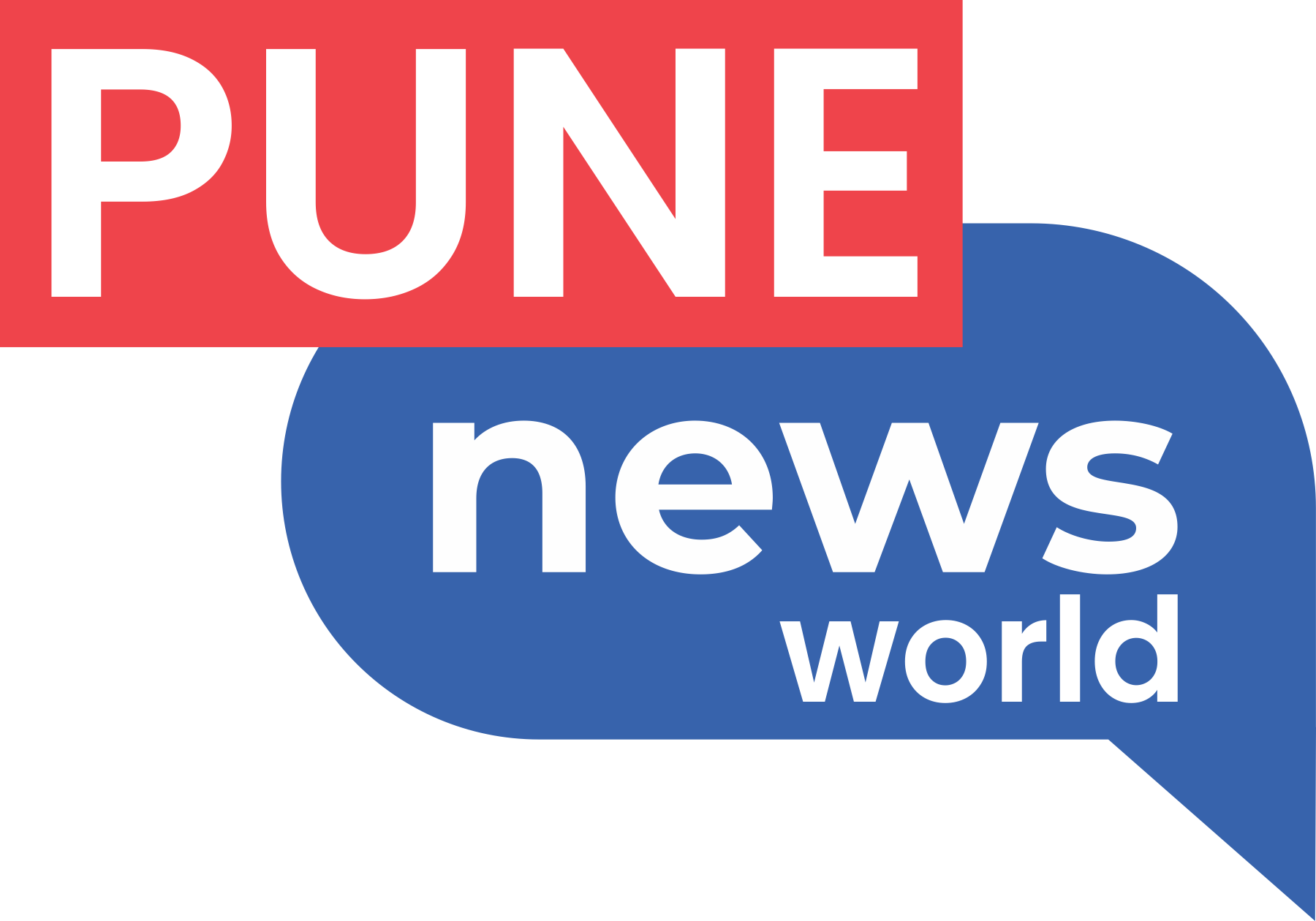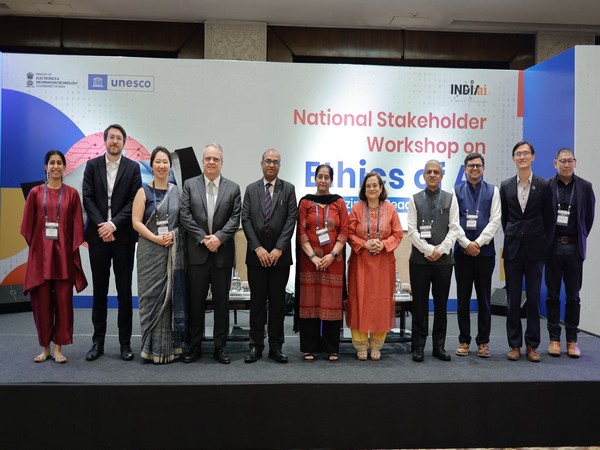New Delhi [India], June 5 (ANI): United Nations Education, Scientific and Cultural Organization (UNESCO) South Asia Regional Office, in collaboration with the Ministry of Electronics and Information Technology (MeitY) hosted a National Stakeholder Workshop on Safe, Trusted and Ethical AI here in New Delhi.
The event was held at a crucial juncture, following the government’s recent approval of the IndiaAI Mission, where more than Rs 10,000 crore was allocated.
The workshop aimed at providing a platform for critical discussions intended at integrating safe, trusted and ethical AI considerations into the national and state-level AI strategies and programmes.
The workshop featured participation from senior level officials from various central ministries, state governments, NITI Aayog and industry partners such as NASSCOM.
Extensive dialogue on the concept of safe and trusted AI, its ethical implications and the societal impact of AI technologies were deliberated upon through panel discussions.
The inaugural session was graced by eminent dignitaries – Prof Ajay Kumar Sood, Principal Scientific Adviser to the Government of India; Abhishek Singh, Additional Secretary, MeitY; Tim Curtis, Director, UNESCO South Asia Regional Office and Gabriela Ramos, UNESCO Assistant Director General for Social and Human Sciences.
The workshop was also attended by Debjani Ghosh, President NASSCOM; Prakash Kumar, CEO at Wadhwani Centre for Government Digital Transformation; James Wright, Programme Specialist, Section for Bioethics and the Ethics of Science and Technology, UNESCO Headquarters; Joe Hironaka, Regional Advisor for Communication and Information, UNESCO Regional Office, Bangkok; Jian Xi Teng, Programme Specialist, Education, UNESCO South Asia Regional Office and Eunsong Kim, Programme Specialist, UNESCO South Asia Regional Office.
In his inaugural address, Prof Ajay Kumar Sood, said, “As AI raises concerns on ethics and its societal implications, India aims to adopt a balanced approach on AI. India has launched several initiatives including, the India AI mission to foster the development and adoption of AI.
“Globally, UNESCO has played a commendable role in promoting ethics of AI across the world and getting UNESCO Member States to support the UNESCO Recommendation on Ethics of AI is a great example.”
Abhishek Singh, Additional Secretary, MeitY, said, “When it comes to the use of the word ethics, we prefer to define it in terms of building a safe and trusted AI which will not result in user harm; which will result in ensuring a framework that will promote innovation and that will restrict the risks that are related to AI.”
The AI is expected to add nearly USD 500 billion to India’s GDP by 2025, driven by advancements in various sectors such as healthcare, financial services, and telecommunications.
“AI has immense potential to contribute in achieving the Sustainable Development Goals (SDGs); it also poses significant ethical and practical risks if deployed without proper frameworks ensuring ethical development and use. UNESCO aims to support the Indian government in integrating ethical considerations into the national and state-level AI strategies and programmes, ensuring that the deployment of AI technologies aligns with and adheres to international norms and standards outlined in the UNESCO Recommendation on the Ethics of Artificial Intelligence,” Tim Curtis, UNESCO Representative to India and the Director of UNESCO South Asia Regional Office said in his remarks. (ANI)
Disclaimer: This story is auto-generated from a syndicated feed of ANI; only the image & headline may have been reworked by News Services Division of World News Network Inc Ltd and Palghar News and Pune News and World News
HINDI, MARATHI, GUJARATI, TAMIL, TELUGU, BENGALI, KANNADA, ORIYA, PUNJABI, URDU, MALAYALAM
For more details and packages











